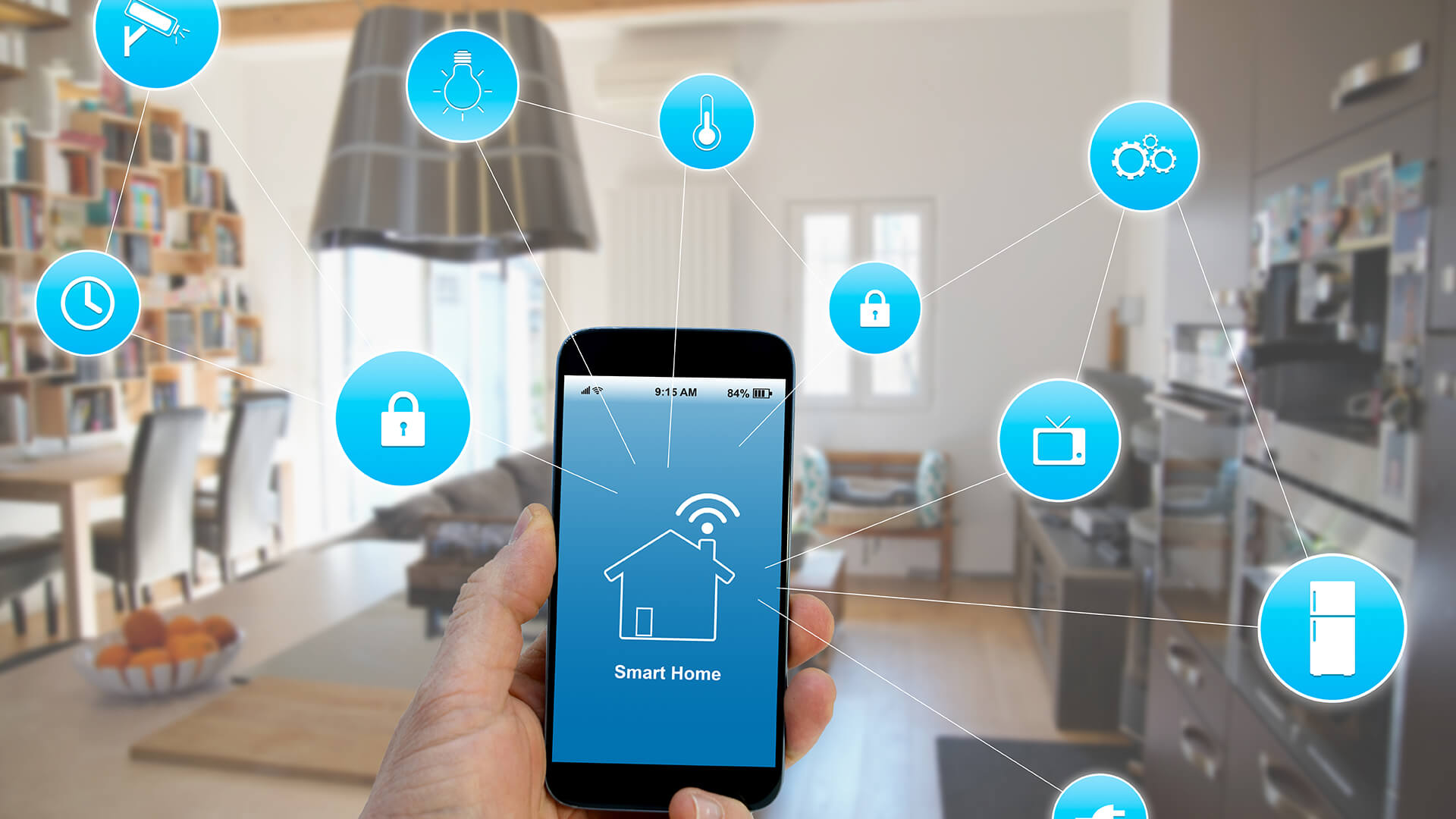Index Surge: Amplifying Your Insights
Stay updated with the latest trends and news across various industries.
Smart Homes or Smart Chaos? The Tech Dilemma
Discover the fine line between convenience and chaos in smart homes. Is technology our savior or a source of frustration? Find out now!
Are Smart Homes Making Life Easier or Creating Chaos?
The advent of smart home technology has revolutionized the way we manage our daily lives, leading many to argue that smart homes are making life easier. By automating tasks such as lighting, heating, and security, these devices provide convenience and efficiency that saves both time and energy. For instance, homeowners can control their environment remotely through smartphones or voice commands, allowing them to adjust settings without needing to be physically present. This level of control not only simplifies mundane chores but also enhances personalized living experiences, illustrating how smart homes can enrich daily routines.
However, the reliance on interconnected devices can also lead to chaos, particularly when technology malfunctions or encounters security vulnerabilities. Many users have found themselves overwhelmed by the sheer number of apps and systems required to manage their smart home devices, resulting in frustration rather than convenience. Additionally, the potential for hacking raises serious concerns about privacy and safety, leaving individuals to wonder if the benefits truly outweigh the risks. Ultimately, the question remains: are smart homes facilitating a harmonious lifestyle, or are they introducing unnecessary complexity?

The Pros and Cons of Smart Home Technology: What You Need to Know
Smart home technology brings a multitude of advantages that can greatly enhance your living experience. One of the primary benefits is the convenience it offers; with the ability to control lighting, heating, and security systems remotely through smartphones or voice-activated assistants, you can easily manage your home environment. Additionally, smart devices often promote energy efficiency, allowing homeowners to monitor and reduce energy consumption, leading to lower utility bills. Furthermore, the integration of smart home technology can improve home security through features like surveillance cameras and smart locks, providing peace of mind for you and your family.
However, there are also some drawbacks to consider before diving into the world of smart home technology. One significant concern is privacy; many smart devices collect personal data to function effectively, which raises fears about surveillance and data breaches. Moreover, the reliance on technology means that system failures or outages can disrupt your everyday life, potentially compromising the safety and security that smart devices are supposed to enhance. Finally, the initial cost of purchasing and installing smart home devices can be prohibitive, making it essential to evaluate whether the long-term benefits outweigh these challenges.
How to Achieve a Harmonious Smart Home Experience Without the Chaos
Creating a harmonious smart home experience involves more than just integrating technology; it requires careful planning and organization. Start by assessing your needs and selecting devices that truly enhance your lifestyle without overwhelming you. For instance, consider establishing a central hub to manage all your smart devices efficiently. This ensures that everything works in concert, reducing the chaos often associated with multiple apps and platforms. Additionally, prioritize automation by setting routines that align with your daily schedule, allowing your home to intuitively cater to your needs without constant manual adjustments.
Another essential aspect of achieving a tranquil smart home is maintaining regular updates and optimization of your devices. Regular updates not only enhance security but also improve functionality, ensuring a seamless experience. Moreover, invest time in organizing your smart home layout—group similar devices together and label them clearly to avoid confusion. By fostering an intuitive setup, you can navigate your smart home effortlessly, making it a sanctuary of efficiency instead of a source of stress. A well-thought-out smart home environment can lead to a truly harmonious living space, where technology works for you rather than against you.